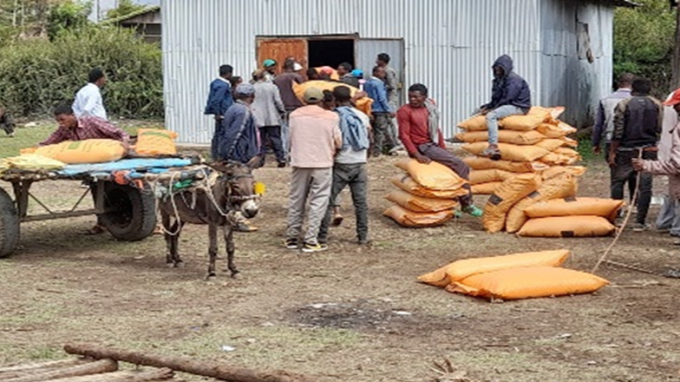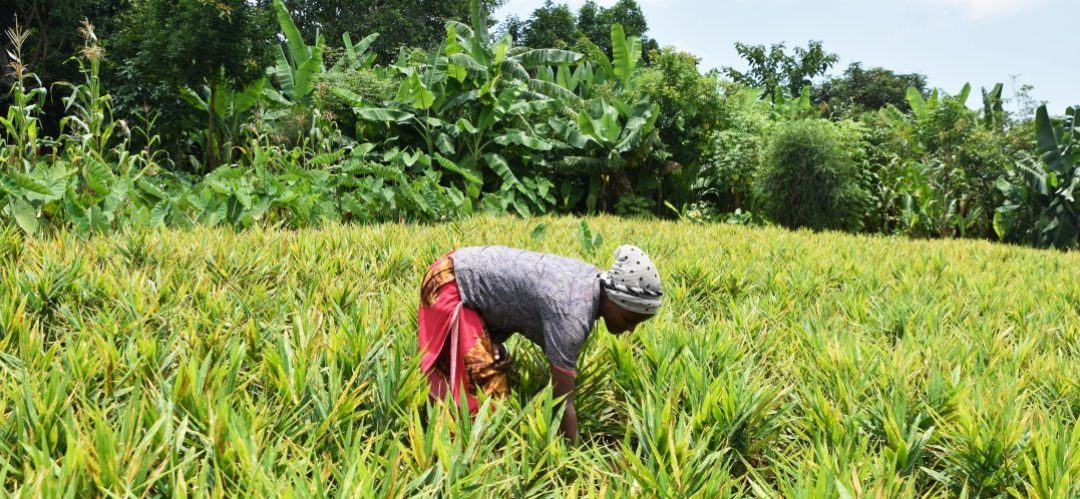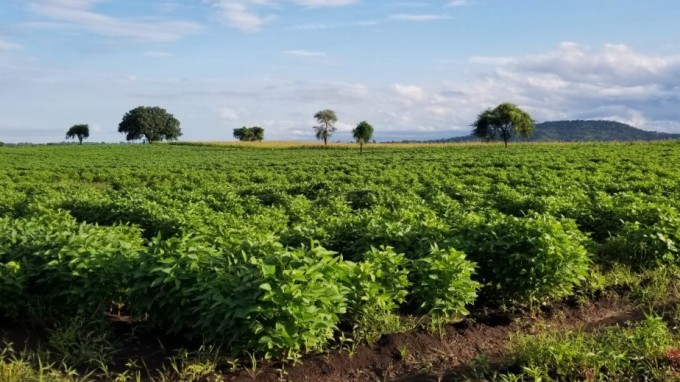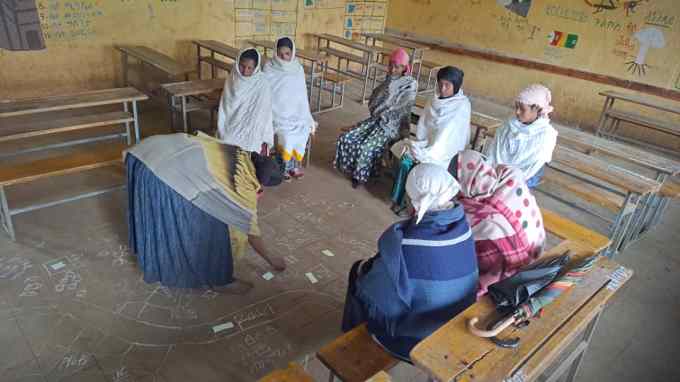Understanding the nature, processes, drivers and governance of local food systems is a key priority to identify leverage points. To this end RAISE-FS has designed and implementing a Rapid Food System Appraisal approach to generate qualitative insights on key food system challenges and opportunities by engaging local stakeholders in action research. The Rapid food system … Continue reading Rapid Food System Appraisal in RAISE-FS
















